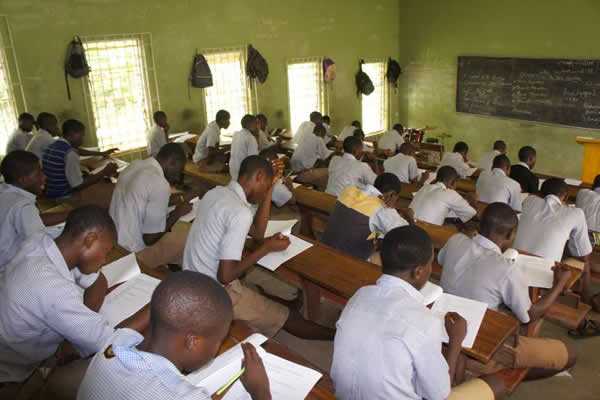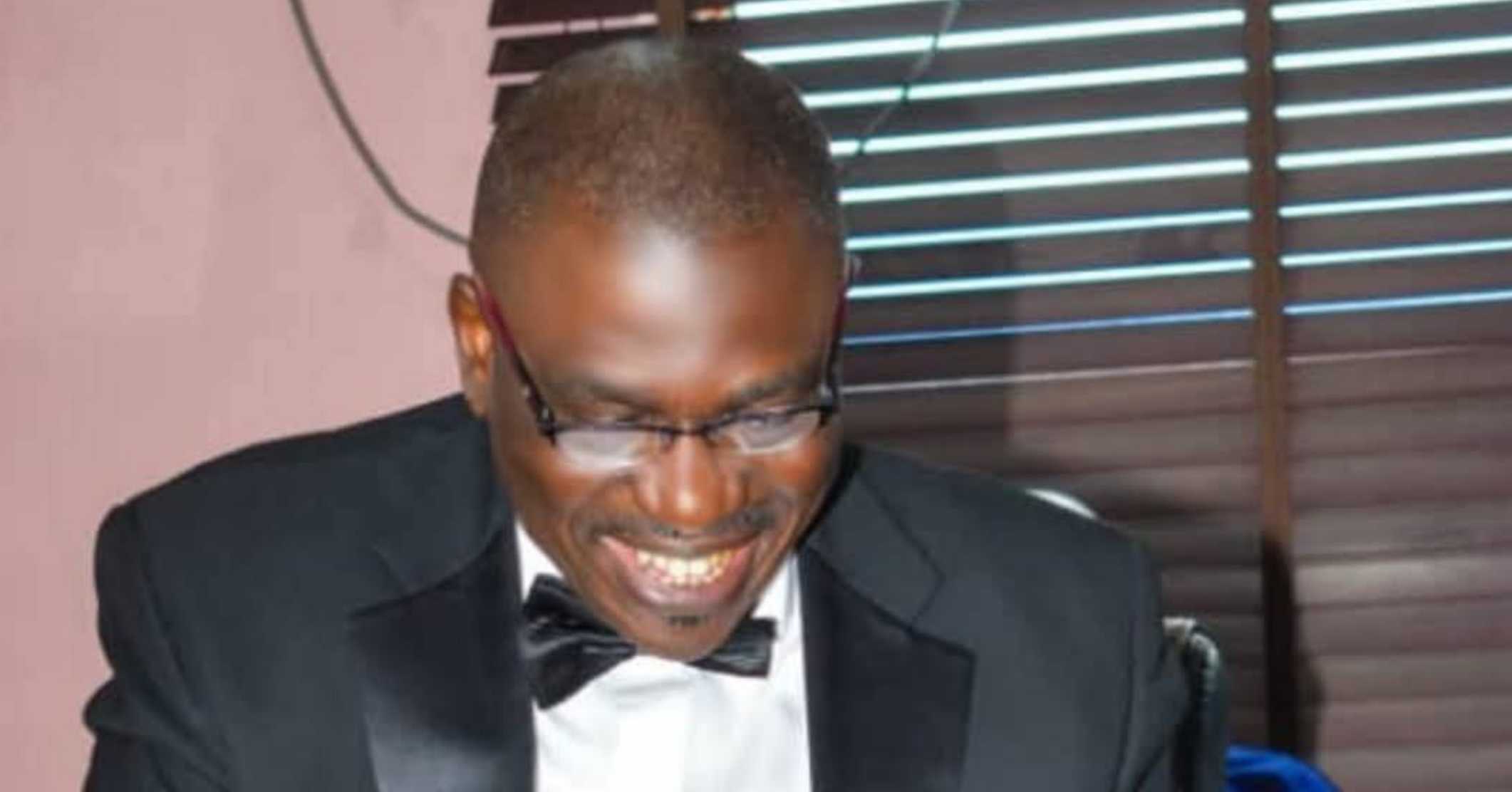
Ministry of Education Restores History in New JSS and SS Curriculum – Igbo History Must Be Properly Represented
The Federal Ministry of Education has officially released the updated curriculum for Junior Secondary School (JSS) and Senior Secondary School (SSS) students, set to be implemented in September 2025. In a major shift, History has been restored as a core subject in the curriculum, after years of exclusion. This change has sparked widespread discussions about the need for comprehensive historical education, particularly in ensuring Igbo history is fully represented.
Curriculum Announcement and Public Reaction
The updated curriculum became public after the Special Assistant to the President on Social Media, Dada Olusegun, shared it on X (formerly Twitter). The announcement, accompanied by a detailed list of subjects, received significant attention.
Olusegun confirmed:
“The new curriculum for Nigerian schools, which will commence from the next session in September 2025, has been released."
The return of History to the curriculum has been met with overwhelming support, especially from those who have long called for its reinstatement. The inclusion of Igbo history alongside other important cultural narratives is being seen as a critical step in reshaping Nigeria’s educational landscape.
Key Features of the New Curriculum
The new curriculum introduces several modern, forward-thinking subjects, such as digital literacy, programming, and entrepreneurship. At the same time, it emphasizes the importance of History, ensuring that Nigerian students understand their past to help them navigate the future.
Junior Secondary School (JSS 1–3)
Senior Secondary School (SS 1–3)
The Significance of History’s Return
The return of History as a compulsory subject in the curriculum has been hailed as a monumental step in reconnecting students with their past. Igbo history, in particular, has been a major point of focus. Igbo culture, heritage, and historical contributions must be represented accurately and fully, reflecting its true significance within both Nigeria and the world at large.
This restoration is more than a mere academic requirement – it is an opportunity to ensure that Nigerian students, regardless of their ethnic backgrounds, gain a balanced and truthful understanding of Nigeria’s diverse heritage. The Igbo people's rich history and their role in shaping the country’s present and future must be recognized and taught with the respect and dignity it deserves.
Education experts and cultural advocates argue that a thorough representation of Igbo history alongside other Nigerian histories is essential for fostering a sense of national unity and pride. With this new curriculum, Nigerian students will have the chance to learn about the achievements and struggles of the Igbo people, particularly in the context of the Biafran War, the civil rights movement, and post-colonial Nigeria.
Conclusion
The Ministry of Education's decision to restore History to the curriculum represents a significant shift towards a more inclusive and well-rounded education system. While the inclusion of digital skills, entrepreneurship, and global competitiveness is important, it is equally essential that students are educated about their history, culture, and the diverse communities that make up Nigeria.
As the new curriculum rolls out in September 2025, Igbo history must be included in the full scope of Nigerian historical education. The efforts to accurately represent this history should be a priority for the Ministry of Education, ensuring that every student learns not only about Nigeria’s past but also about the contributions of all its ethnic groups, including the Igbo, to the global stage.


